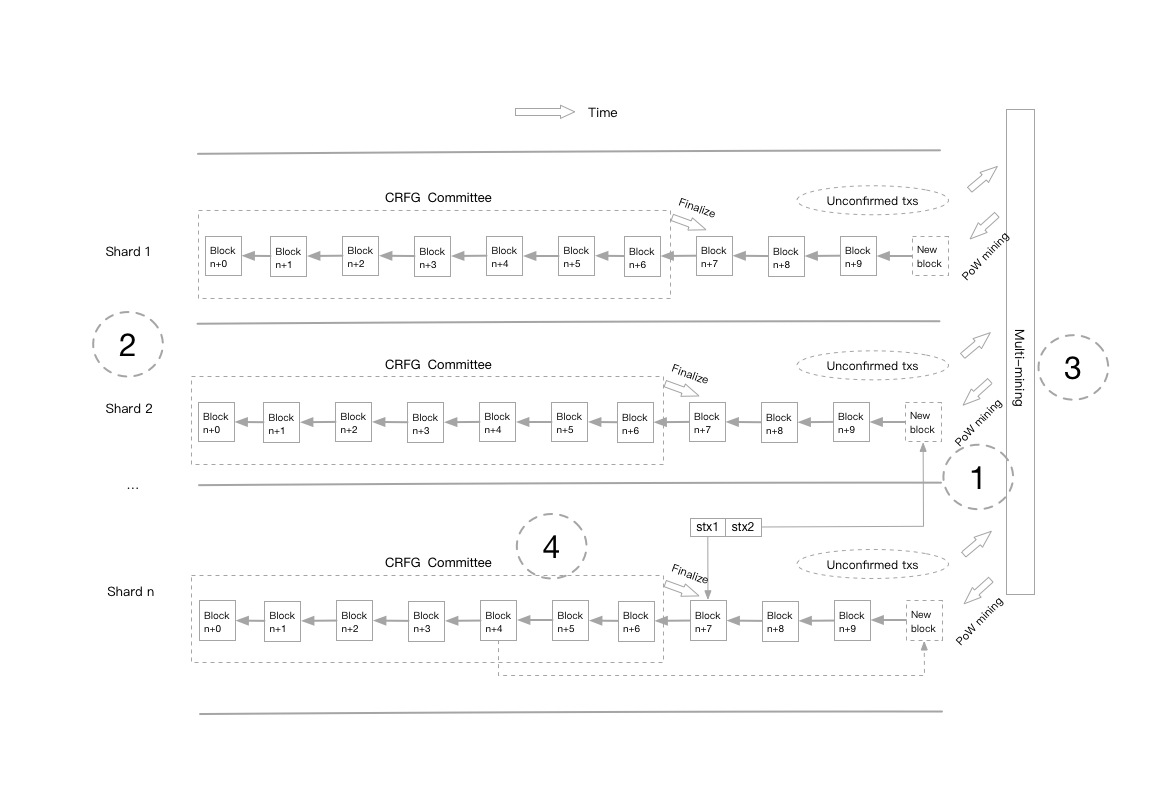Hipcheck
Hipcheck scores risks for software projects; yours and your dependencies. It analyzes repositories to assess risks, review development practices, and identify possible supply chain attacks, making it possible to assess and manage open source software supply chain security at scale.
Capabilities
Hipcheck can analyze repositories and pull requests. For repositories, it answers questions like:
- Does this project practice code review?
- When was this project last updated?
- Are there concerning contributors to this project?
- Are there potential malicious contributions to review?
- Are there potential typosquatting attacks present?
- Where are the highest risk parts of the codebase?
For pull requests, it answers questions like:
- What parts of the code are in the greatest need of review?
- Is this pull request especially concerning?
- Is this contributor new to this part of the code?
With analyses like these (and more), Hipcheck provides automation-assisted risk management for software projects.
Goals
Hipcheck's core goals are to be:
- Effective: A risk tool is only helpful if it identifies risks. Hipcheck's analyses look at project practices, potential supply chain attacks, who is contributing, and how projects change over time to produce high quality, actionable conclusions and to guide manual review.
- Fast: Software development moves quickly, and Hipcheck runs quickly too. Whether it's running in CI looking for high-risk PRs, reporting on high risk parts of a codebase, or running against your dependencies, you won't wait long for a risk report.
- Configurable: Different projects have different threat models and risk tolerances, and Hipcheck handles them gracefully. Analyses, weights, and risk thresholds are all configurable.
Installation
As a Container
You can build Hipcheck locally with docker, using the Hipcheck Containerfile.
$ # Run the following from the root of the Hipcheck repository.
$ docker build -t hipcheck:3.1.0 -f ./Containerfile
Build from Source
First, install the Rust compiler. We recommend following the official installation instructions. Make sure to add ${CARGO_HOME}/bin to your PATH.
Next, get the Hipcheck repository and run cargo xtask install.
$ git clone https://github.com/mitre/hipcheck
$ cd hipcheck
$ cargo xtask install
Usage
Container Image
You can run Hipcheck in a container like so:
$ docker run --env "HC_GITHUB_TOKEN=<GITHUB_TOKEN>" hipheck:3.1.0 [<HIPCHECK_ARGS>]...
Direct Usage
You can run Hipcheck with the hc binary.
$ hc check repo https://github.com/expressjs/express
Make sure to export HC_GITHUB_TOKEN with a valid token for connecting to the GitHub API.
Configuring
Hipcheck requires a set of configuration files, which you can find default versions of in this repository, under the config/ directory. The path to this configuration file must be specified if it is not in the current active directory.
Learn More
Hipcheck is documented in the Hipcheck book, found under the /docs/book directory in this repository. Follow the instructions in the README there to build and view the contents of the book.
License
Hipcheck's software is licensed under the Apache 2.0 license (SPDX license identifier Apache-2.0), the full text of which may be found in the LICENSE.md file included with this repository.
Public Release
Approved for Public Release; Distribution Unlimited. Public Release Case Number 22-2145.
Portions of this software were produced for the U. S. Government under Contract No. FA8702-19-C-0001 and W56KGU-18-D-0004, and is subject to the Rights in Noncommercial Computer Software and Noncommercial Computer Software Documentation Clause DFARS 252.227-7014 (FEB 2014).

